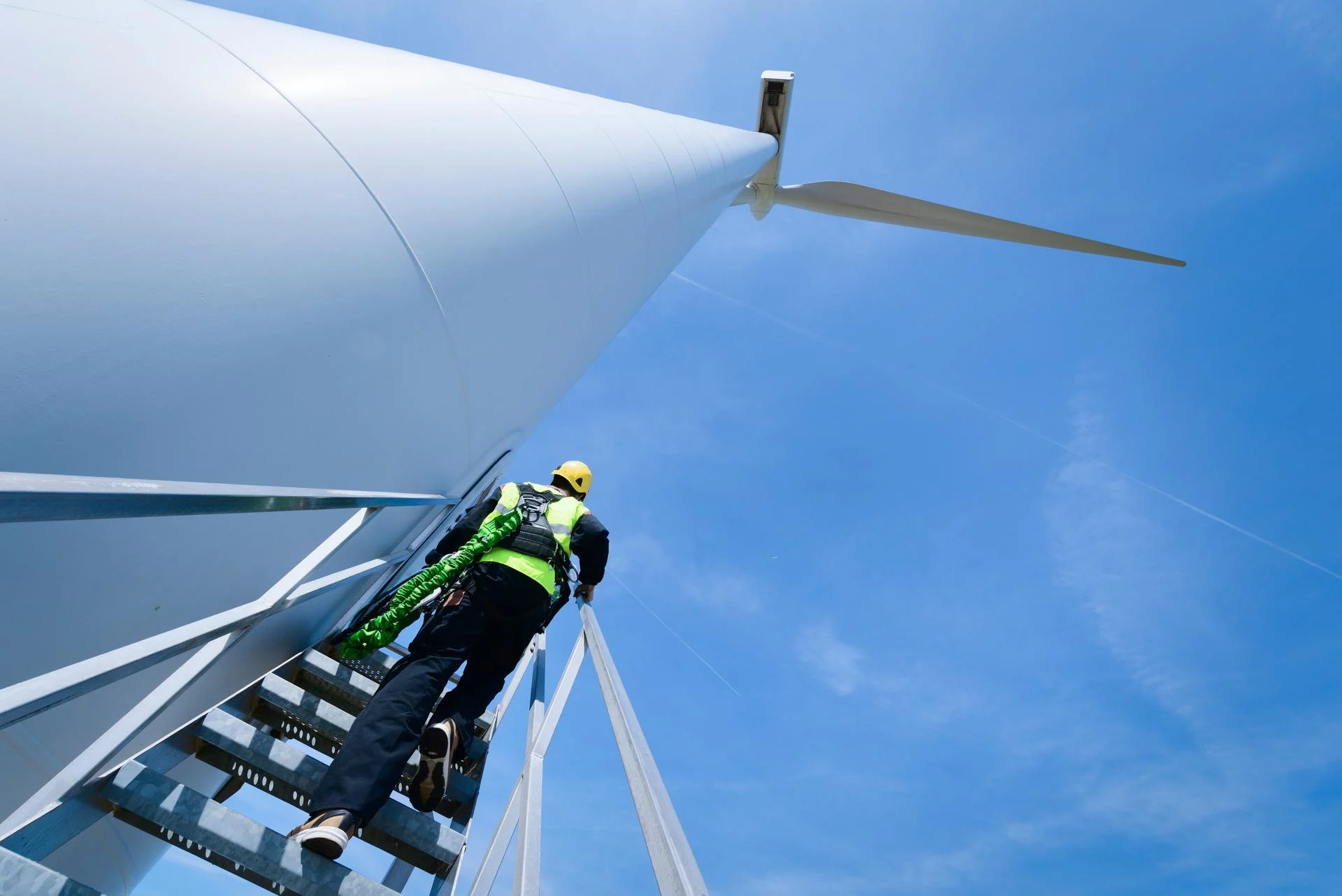Sustainability at Neste

We provide our customers and partners with lower-GHG-emission solutions to help mitigate the climate change impact. Our renewable products are our contribution to keeping societies running and helping to reduce the dependency on virgin fossil raw materials.
Our work is guided by the Neste sustainability vision, in which we have set ourselves targets for climate, biodiversity, human rights, as well as our supply chain and raw materials.
With our solutions, already available today, we want to play our part in limiting global warming to 1.5°C, meeting the objectives of the Paris Agreement. We also recognize the importance of just transition as envisaged by the Paris Agreement.
While working to tackle the global climate challenge and ecosystem decline, we acknowledge our social, environmental and economic role locally and globally. We have an impact on people and the environment within our own operations and throughout the value chain. We are committed to high ethical standards, we act responsibly and respect human rights wherever we operate. We expect the same from our suppliers and business partners.
Sustainability vision
We persistently take actions in all areas of our sustainability vision – throughout our operating countries, the value chain and our partners.
Climate
Helping our customers reduce their GHG emissions with our renewable and circular solutions by at least 20 MtCO2e annually by 2030.
Reduce GHG emissions in our own operations (scope 1 and scope 2) by 80% by 2040 compared to 2019 levels. Interim targets: 24% by 2030 and 50% by 2035.
Reduce the use-phase GHG emission intensity of sold products by 50% by 2040 compared to 2020 levels (scope 3)*.
*) Use phase emission intensity is calculated by dividing the emissions from the use of products sold by Neste with the total amount of sold energy (gCO2e/MJ).
Biodiversity
Neste aims to drive a positive impact on biodiversity and achieve a nature positive** value chain by 2040.
We
aim at creating net positive impacts (NPI) on biodiversity from new activities from 2025 onwards, and
target no net loss (NNL) of biodiversity from all ongoing activities by 2035.
** Nature positive aims at halting and reversing nature loss, positive impacts outweighing the adverse impacts.
Human rights
Neste strives to create a more equitable and inclusive value chain by 2030 in which everyone works with dignity.
We
commit to paying all of our employees a living wage, take action to promote living wages in Neste’s supply chains, and require strategic contractors and suppliers to pay their employees a living wage by 2030.
commit to and promote the Employer Pays Principle, with implementation in high risk areas by 2030, to ensure that no worker pays for a job and the costs of recruitment are paid for by the employer, not the worker.
work with our stakeholders to increase children’s access to education by 2030, and promote respect for children’s rights by actively supporting and participating in initiatives aimed at keeping children in school.
reduce inequalities across the value chain and address the root causes of systemic human rights issues by 2030. This includes advancing diversity, equity and inclusion in our own business and supply chains.
ensure respect for human rights across Neste’s operations and value chains by carrying out ongoing human rights due diligence to identify, assess and address adverse human rights impacts and communicate on our performance.
Supply chain and raw materials
Neste drives a safe and healthy workplace, fair labor practices and increased commitment to sustainability across the supply chain.
We
expect all our suppliers and business partners to commit to Neste Supplier Code of Conduct requirements.
include social, environmental and ethical criteria for suppliers as we drive diversification and increased availability of sustainable raw materials.
Sustainability governance
Neste’s sustainability vision and commitments are an instrumental part of our strategy, guiding us on our growth and transformation journey.
Economic responsibility
By operating profitably and competitively, we make ourselves a profitable investment, a significant employer, a reliable partner and a good corporate citizen.

Share this